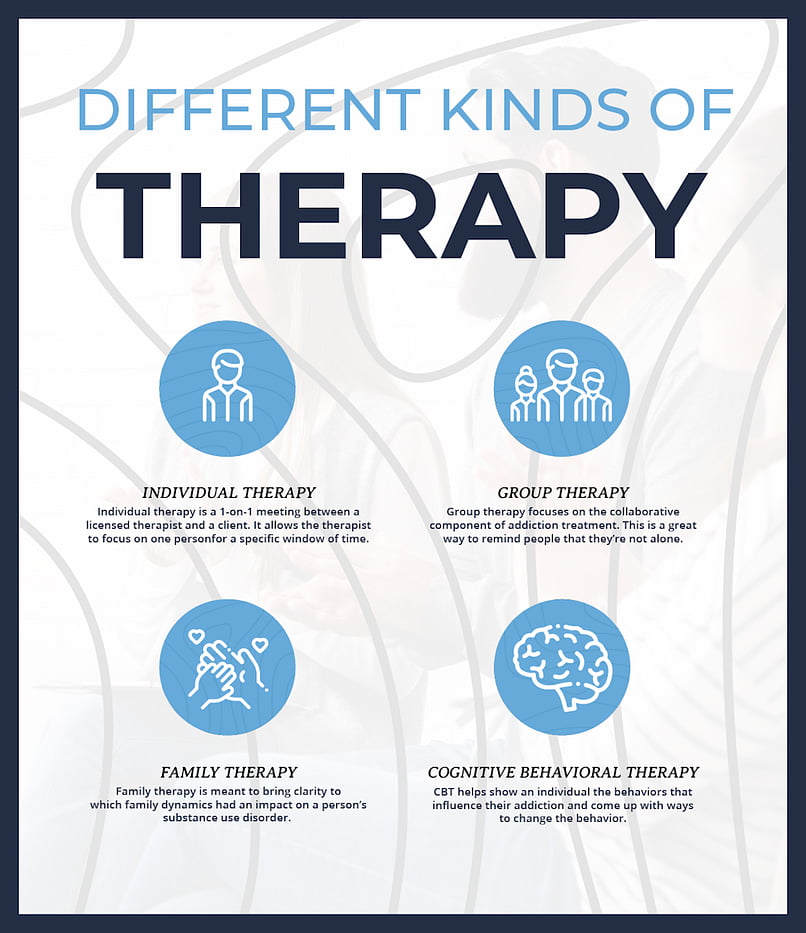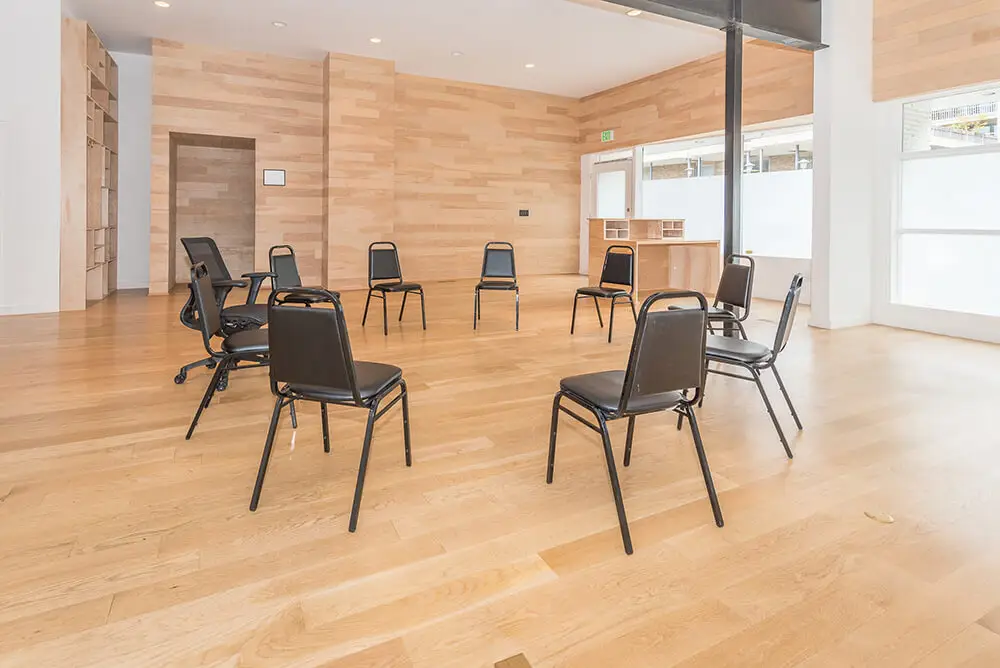At Crestview Recovery Center, we offer a variety of addiction therapy services. Not every type of therapy will work well for everyone who needs addiction treatment. For this reason, members of our staff have different backgrounds and knowledge when it comes to types of therapy. Different types of therapy work for different people, but they generally fall into two categories: individual counseling and group therapy.

Healing Begins Here
Individual Therapy
We use a few different types of individual therapy for addiction to help people dive deep. These include cognitive-behavioral therapy (CBT), dialectical behavior therapy (DBT), and trauma therapy. Discovering the root causes gives people the knowledge they need to fight addiction. We offer the following types of individual therapy here at our Oregon drug rehab center:
Your counselor at Crestview will work with you to help you overcome the issues that led you to addiction in the first place. Individual therapy will help you address concerns that are specific to your recovery.


Group Therapy
Family therapy also falls under this umbrella. During family therapy, individuals fighting addiction can begin mending relationships with their loved ones.
Crestview’s Alumni Program
Aftercare is vital to help people avoid relapse after treatment. The truth is that many people who attend drug rehabs aren’t able to maintain their sobriety after they complete the program. An alumni program can help keep people on the right track in their recovery and connect with others with similar experiences.


Sober Living
Addiction Therapy Services at Crestview Recovery
Below is a comprehensive list of the addiction therapy services that we offer. To learn more about any of them, click on the corresponding photo. You can also give us a call to find out about our various addiction treatment programs and therapies.




































